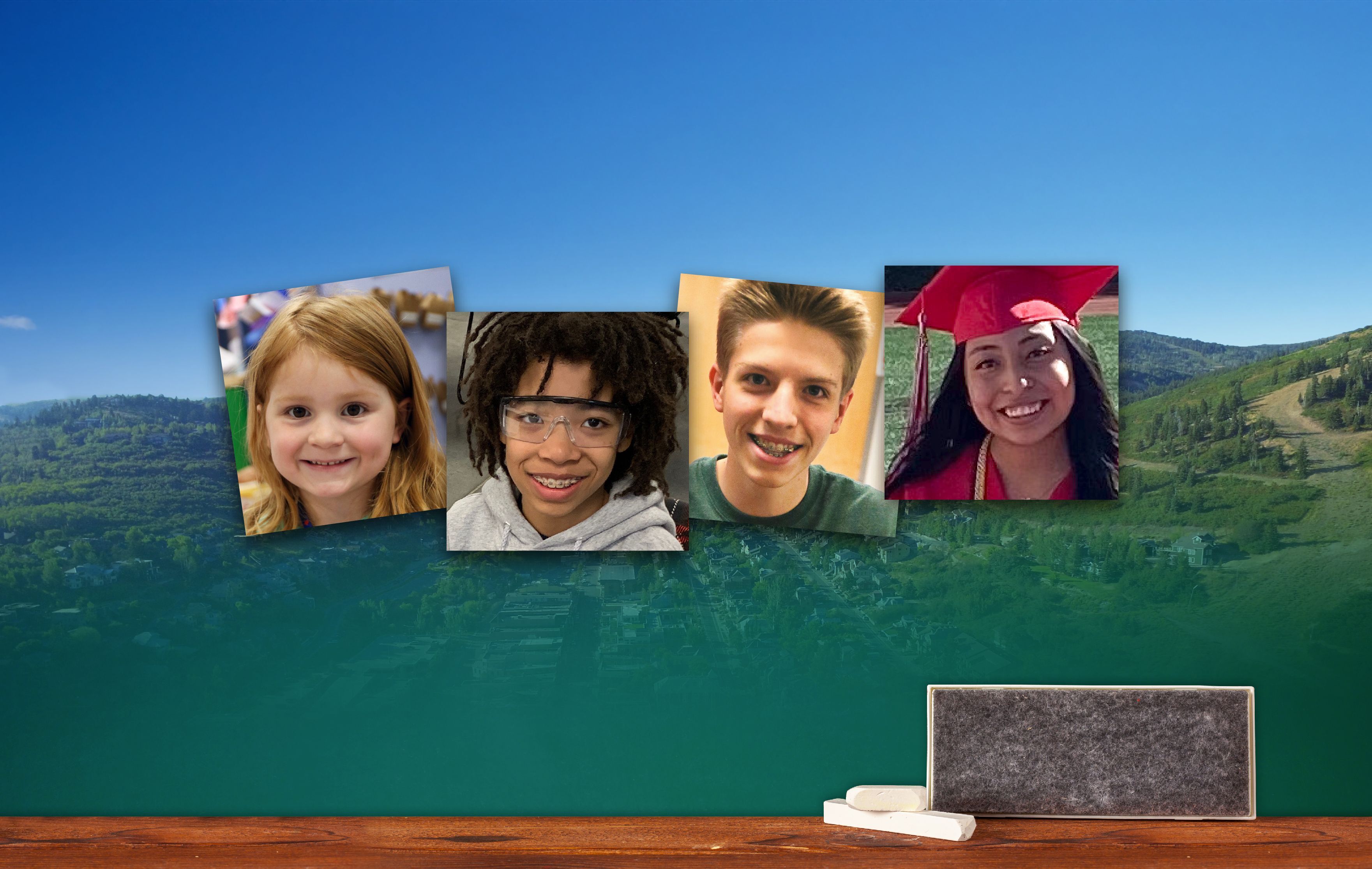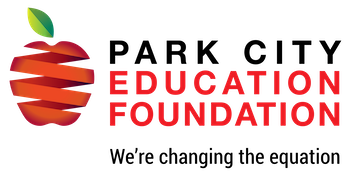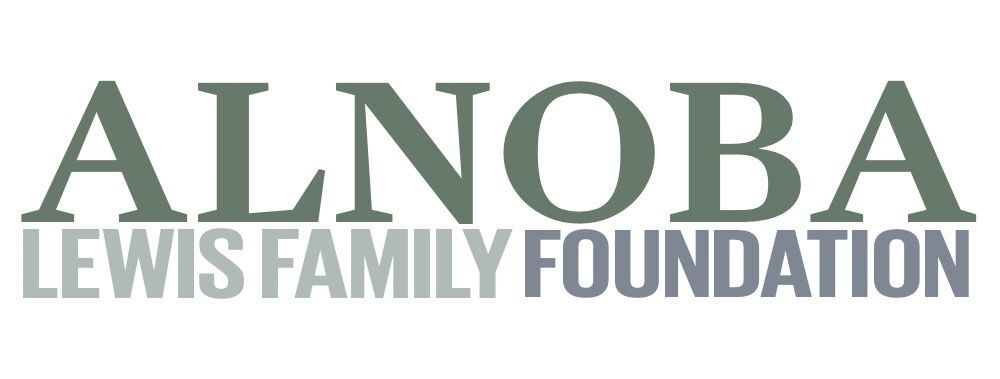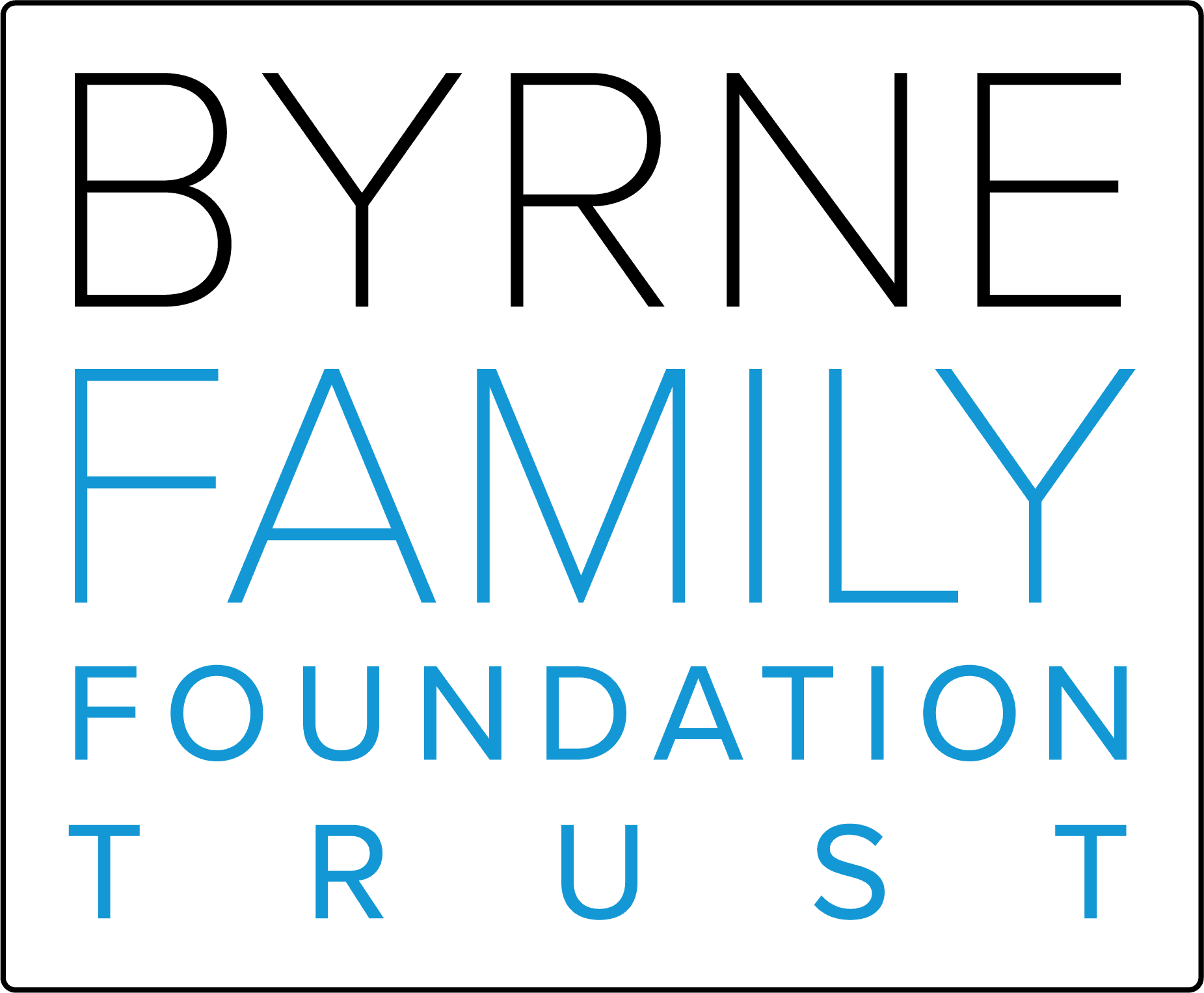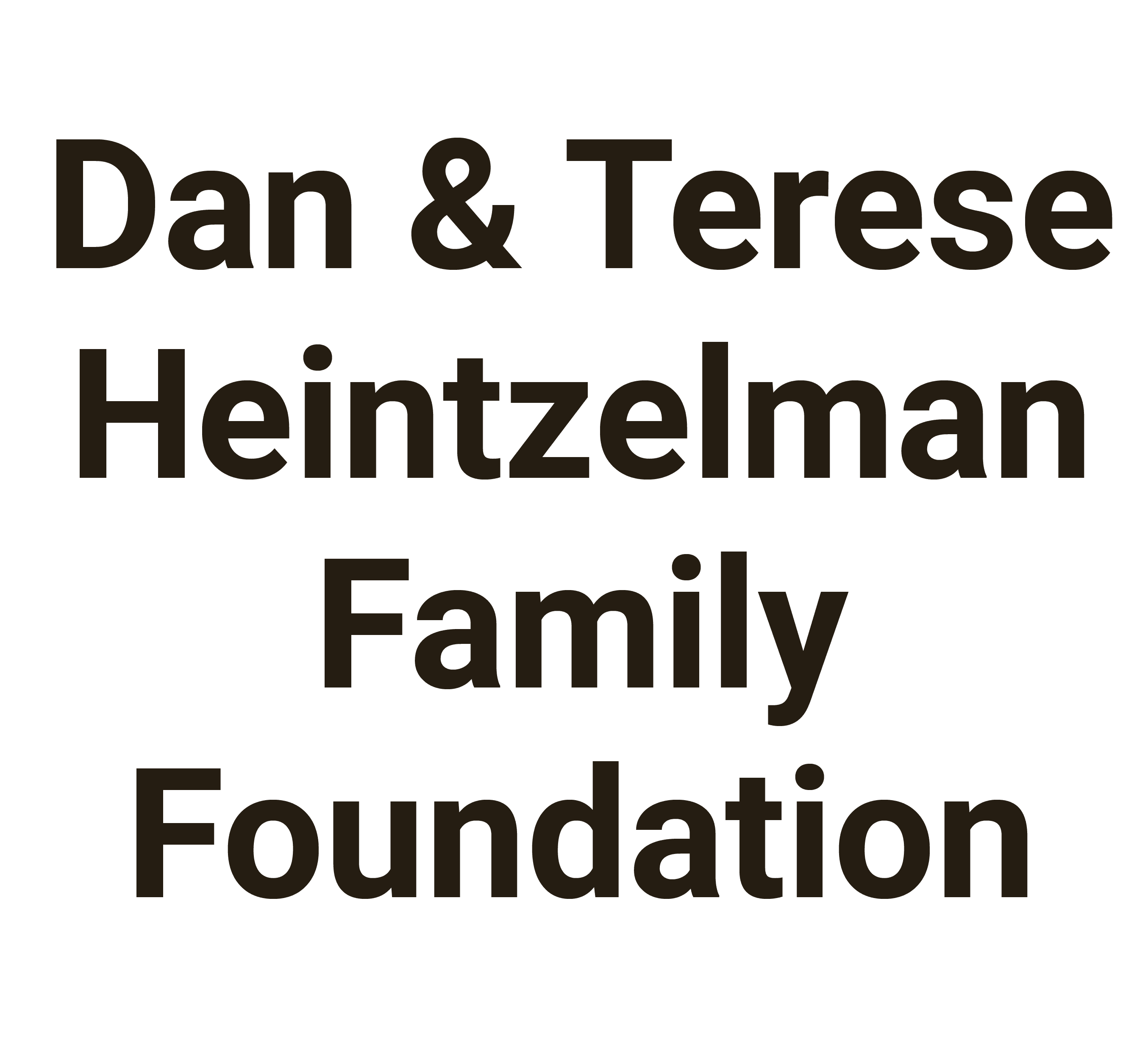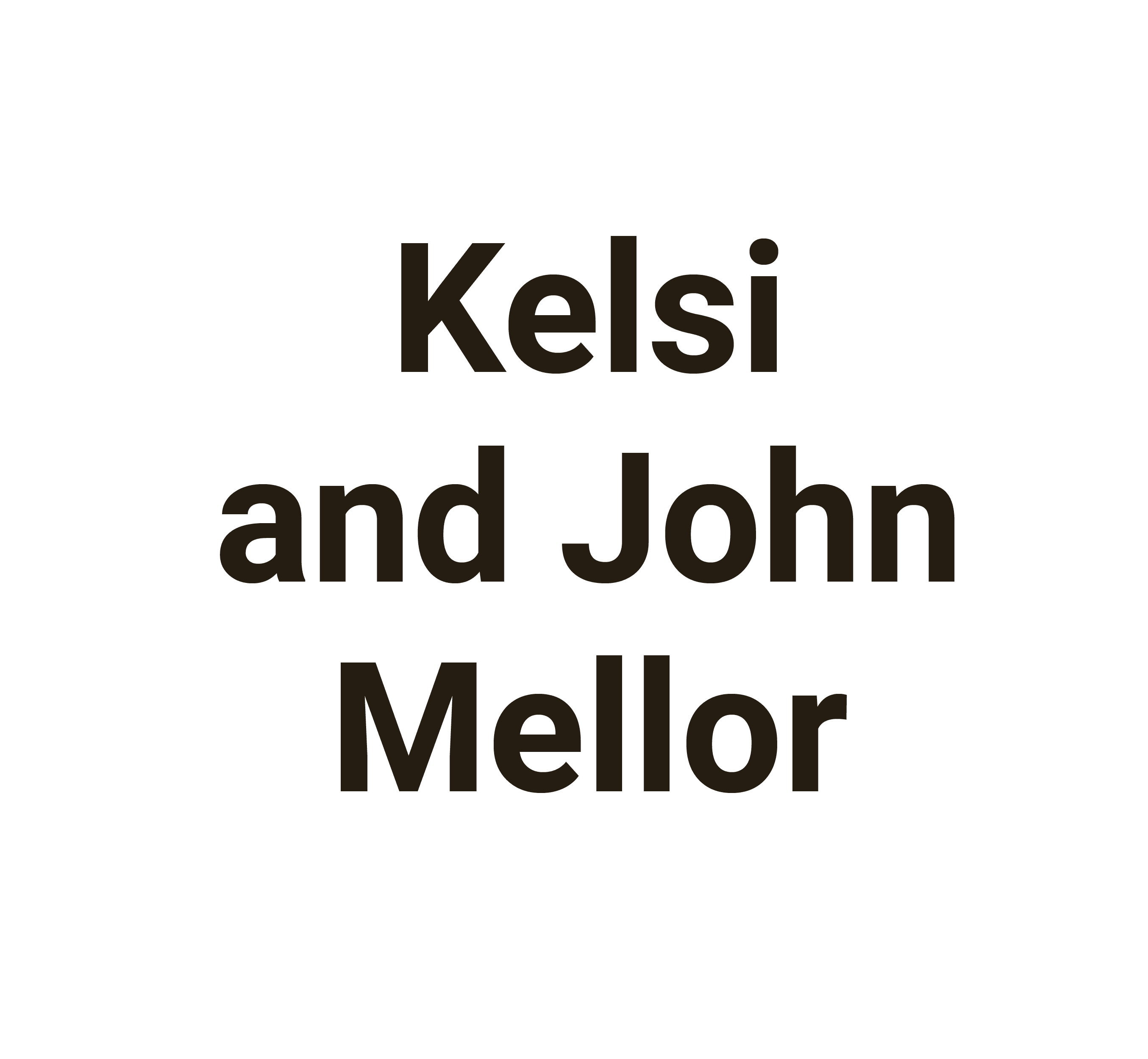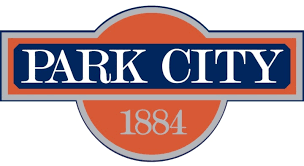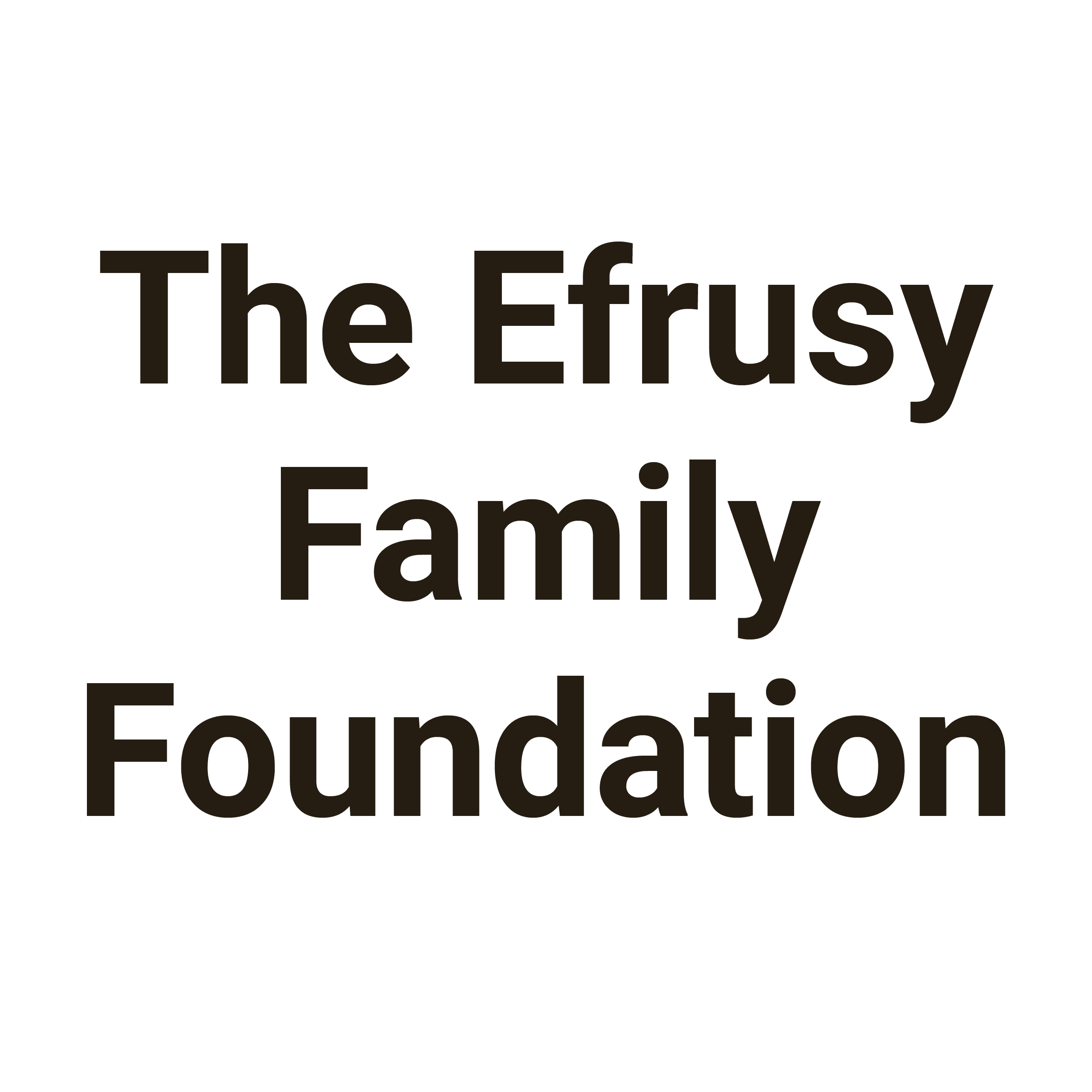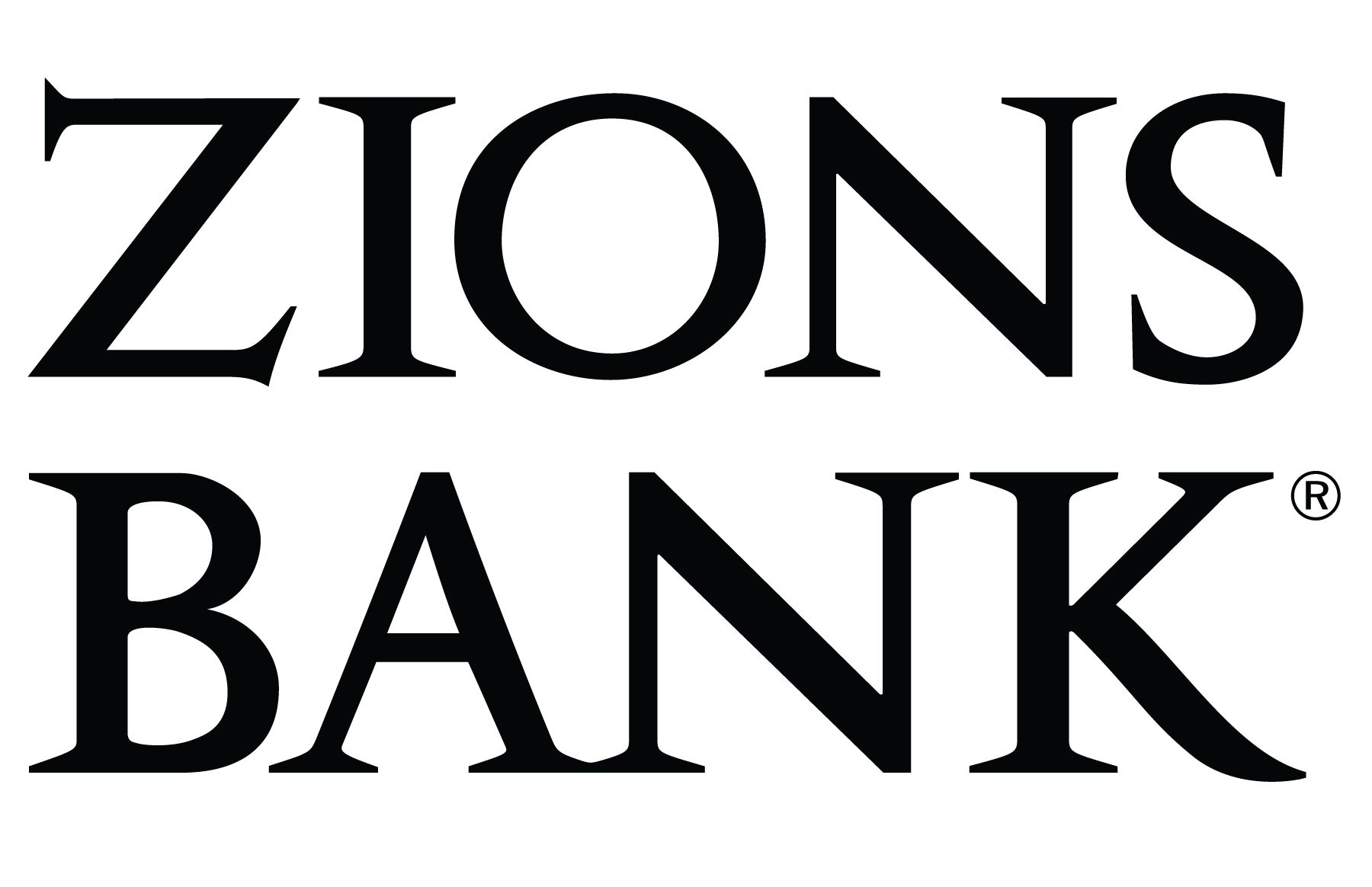
“PCEF has been there since the get-go - since the dawn of the idea.
I don’t see them ever not being there. Technology changes and our direction changes.
PCEF has been and will be there with each step.”
– Summer Marshall, EHMS Computer Science Integration Coach
WHAT
The Computational Thinking Program is a three-year pilot funded by a PCEF Classroom Grant.
PCSD is the first in Utah and among the first in the nation to implement this STEM learning strategy across non-STEM subjects.
WHO
10 teachers – in subject areas like Spanish DLI, P.E., Music, and Social Studies – are guided and supported by Computer Science Integration Coach Summer Marshall.
Marshall and Lyndsay Huntsman (PCSD’s PCCAPS & CTE Director) created the program.
HOW
“Computational Thinking” labels the steps of Computer Science Instruction (CS Instruction) so it can be applied to any subject.
Simply put: this is project-based learning using five vocabulary words:
- Decomposition: Break it down into parts
- Abstraction: Remove unnecessary information + Keep key elements
- Patterns: Spot and use similarities
- Algorithms: Create a step-by-step process
- Evaluation: Make sure the solution is a good one
QUICK CASE STUDY → SPANISH DLI
THEN
In Janice LaFarga's Spanish Dual Language Immersion class, students study Spanish grammar.
Traditionally, students would read and study texts on their own. The class discussed the assignment and moved on to the next one.
NOW
Ms. LaFarga's students use Computational Thinking - and what happens after the students read the text is very different.
1 - Picture a Treasure Map
Students study identify grammar elements and connect them with a story using Ozobot to explain how it relates. Then, they use specialized markers to draw a story map on a poster. (Uses decomposition, abstraction, patterns)
2 - X Marks the Spot
Different color combinations create code for the Ozobot to follow. When students complete maps, they turn the Ozobot on. It physically travels along the path as it demonstrates the story.
3 - Walk the Plank, er, the Line → An Example:
→ RISING ACTION = Ozobot "climbs" a hill ~
→ A CHARACTER IS CONFUSED = Ozobot spins @
→ A BAD CHOICE = Ozobot moves backward ←
→ FALLING ACTION = robot follows a "downhill" line ~
→ VIDEO EXAMPLE = see it in action & and remember: they’re doing it all in Spanish!
(Uses decomposition, abstraction, patterns, algorithms, evaluation)
WHY = THE IMPACT
Translating stories into code and story maps sparks critical thinking and creativity.
Coding demands resilience and grit: doing it right means LOTS of trial and error.
Hands-on, group projects lead to lots of engagement, collaboration, and communication.
Final product presentations hone public speaking skills.
Computational Thinking Prepares Students to:
√ Think Critically & Creatively
√ Embrace Failure & Discover Resilience
√ Engage Collaboratively & Communicate Effectively
This pilot also creates access to CS Instruction for Ecker students not on a coding pathway. All Park City students K-5 learn to code (another groundbreaking program seeded by PCEF donors!), but when they get to 6th grade, schedules are tight, and students in DLI aren’t able to take coding or art as electives. This pilot provides access for ALL students to the deeper learning possible using the vocabulary and techniques of computer science.
WHEN
The three-year pilot program started this school year (2021/22).
WHERE
Ecker Hill Middle School - at present.
The ultimate goal of the pilot is to test whether CS Instruction and its vocabulary can eventually be woven into the fabric of every PCSD school.
“Whether students go into programming when they’re done with school is totally beside the point.We’re not teaching them for the world we live in right now: they need this for THEIR WORLD. What’s it going to look like? They need to be ready.”
– Summer Marshall
PCEF DONOR IMPACT
Computational Thinking, the latest in a line of groundbreaking programs funded by PCEF donors, will better prepare and inspire all students to reach their academic and lifelong potential.
Park City Education Foundation was launched with a request for a STEM Classroom Grant. Since then, donors have funded more than 750 grants - many of them STEM-related, like this one.
Classroom Grants allow teachers to request funds to try new, innovative ideas and often lead to wider implementation and adaptation. STEM programming [NEW LINK] leads to problem-solving, creative thinking and solutions, and learning that will equip our students for future success.
Thanks to donor support, PCEF funds more than $1 million dollars each year in programming that directly and positively impacts every single PCSD student.
If you'd like to support initiatives that inspire all Park City students to successfully reach their academic and lifelong potential, we invite you to donate here.
